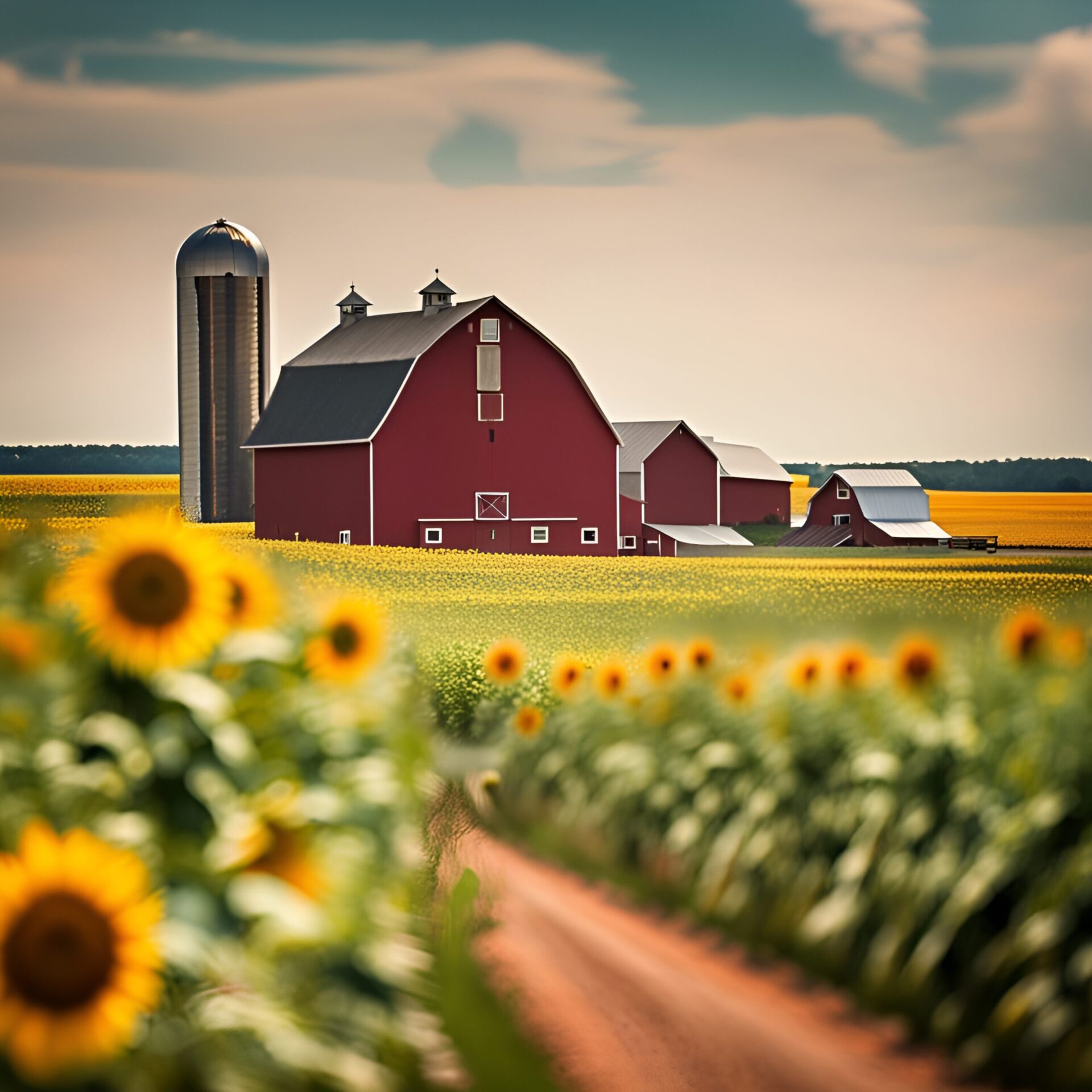Though I set the windshield wipers on the fastest interval, they can not keep up with the rain. With each flash of lightning, I see farmhouses, barns, and silos scattered over 300 acres known as Calumet County, the Menominee word for peace pipe. This land was once home to Red Bird, a war chief who surrendered to the US Army in 1828 to save the surviving members of his tribe from slaughter. This is also where the Brothertown Indians settled after displacement from New England in 1831.
I am driving through the back roads of land rich in history, but the road signs are not clear. I remember where I am headed since I’ve been here on a spring day less than a year ago when the lilacs were in full bloom. I remember that day now as cascades of water threaten to wash away the dirt lane in front of me. We are in the last vehicle of a lengthy caravan. My companion doesn’t want to lose sight of the car in front of us. We are making our way to an old German immigration town — a farming community with a strong Catholic history — in the heart of Wisconsin. Soon we will enter the village of Chilton, where his father grew up, but we won’t stop there. We will pass through and onward a few more miles until we reach Marytown, where his mother was born and raised.
These communities are tough to locate on a map, but they have become towns I know by heart. Wisconsin is mostly flat country, but in Marytown, a brick church sits high on a rare hilltop. Well over a hundred years old, its steeple towers above the landscape. Out here, Saint Mary’s Church is an architectural giant seen from miles away on a clear day. To some, it is a structure hardly noticed while en route to Minnesota or Illinois. To the people of Marytown, it is the center of their lives. This is the place where they are baptized and schooled. It is where they marry and attend Sunday mass. It is also where their lives are celebrated one last time before they are laid to rest on the sloping grounds of an adjacent graveyard.
On this night, we park halfway up a precarious pavement and run uphill under a shared umbrella. It is warm inside, but the storm is relentless as wind roars against stained glass windows. The candles do not flicker. These walls are as strong as the people of Marytown that have gathered to build a wall of support around a grieving family. As the funeral begins, volunteers set out food in the cellar of an old schoolhouse across the property. After the last prayers and hymns, we go there to sit for a pot-lucked feast in honor of the departed. This last meal has been a burial tradition in Marytown for as long as everyone can recall, and longer than the church has been standing.
It was a lovely funeral. She had a marvelous life and had been happy. She wed a good man and had many children who remained near her until the end. In a few years, I will discover her farmhouse sold to a young Quaker family. They will tear down the dilapidated barn to make room for a new wood shop used to craft some of the most exquisite furniture this side of the Mississippi. I will drive by on a summer’s day and see youthful faces pressed in the tall windows, children pushing to get a view of me. I will speak to their father about his handcrafted tables and chairs, but he will not know I knew the woman who lived in the house before him. And I will grin when I see the house has come alive again with a new roof and fresh paint.
We are leaving Calumet County now, heading east. The rain has finally stopped, and the moon is low. Soon this dirt road will give way to two lanes, then four. In an hour, we will be back in the city where I am abruptly reminded that living in congested spaces does not always encourage a healthy lifestyle. Instant gratification, one of the proposed benefits of a large metropolis, is not a guarantee of happiness. The promise of a better life through consumerism is an illusion that is actually causing chronic illness. The quest for bigger, faster, and better things has increased our standard of living, but it has also taken us away from a simpler life and the support of our families and communities.
If it were possible, many Americans would leave the cities and buy their farms back. But who can afford that now? Corruption in our government has led to a rise in homelessness and our crumbling infrastructures. We can’t blame global warming for it. Powerful financial interests have subverted our government of the people, by the people, for the people. We sold our farms and land for the modern conveniences of cities, and in doing so, the wealth of the middle class shifted to a corporate oligarchy. Their greed has resulted in financial insecurity for most Americans. Corporate interference in our laws, policies, and Constitutional protections is leading to the collapse of our civil society.
Throughout its history, Americans have engineered incredible things that cannot be discounted. We designed marvelous structures and established markets for many practical things. But we also mass produced a gluttony of frivolous products that harm life and ecosystems. Perhaps the single most damaging outcome of our lack of foresight is the unchecked rise of corporate power. The earth is being pillaged by corporations, while shareholders hide behind their corporate veils. They made America a world leader, but their strategic financial ruin of small businesses and weakening of laws and government agencies has led to its downfall.
A series of bad policies have made US cities look like foreign battlefields. It is expected that we will soon be willing to accept whatever help is offered. But AI won’t be our savior. It will facilitate more corporate control over us, and the end of US sovereignty. We will be tempted away from cash to digital currencies, just as our great-great grandparents were lured from family farms to factories. A new deity, the God of Electricity, will emerge from the 4th Industrial Revolution, powering and connecting all things. Once more, we are promised a better life if we let go of the old ways and embrace the new. To achieve Utopia, sacrifices are necessary. But Utopia is a fairytale.
I’m not hearing anything about a plan to rebuild America or a call for innovation. The future is in the hands of tech corporations and stakeholders who are ringing the opening bell on new markets. We’re supposed to trust them blindly with our personal information and democracy.
Trusting them would be a mistake. AI must not be used to bring back feudalism. The past teaches us we are more vulnerable when fewer people hold the power over our collective.
Unlike WW1 or WW2, the crisis we’re facing now is not happening in a distant country. The war is on its way to Marytown and to every small town like it. Unless we act soon, Marytown will cease to exist.


